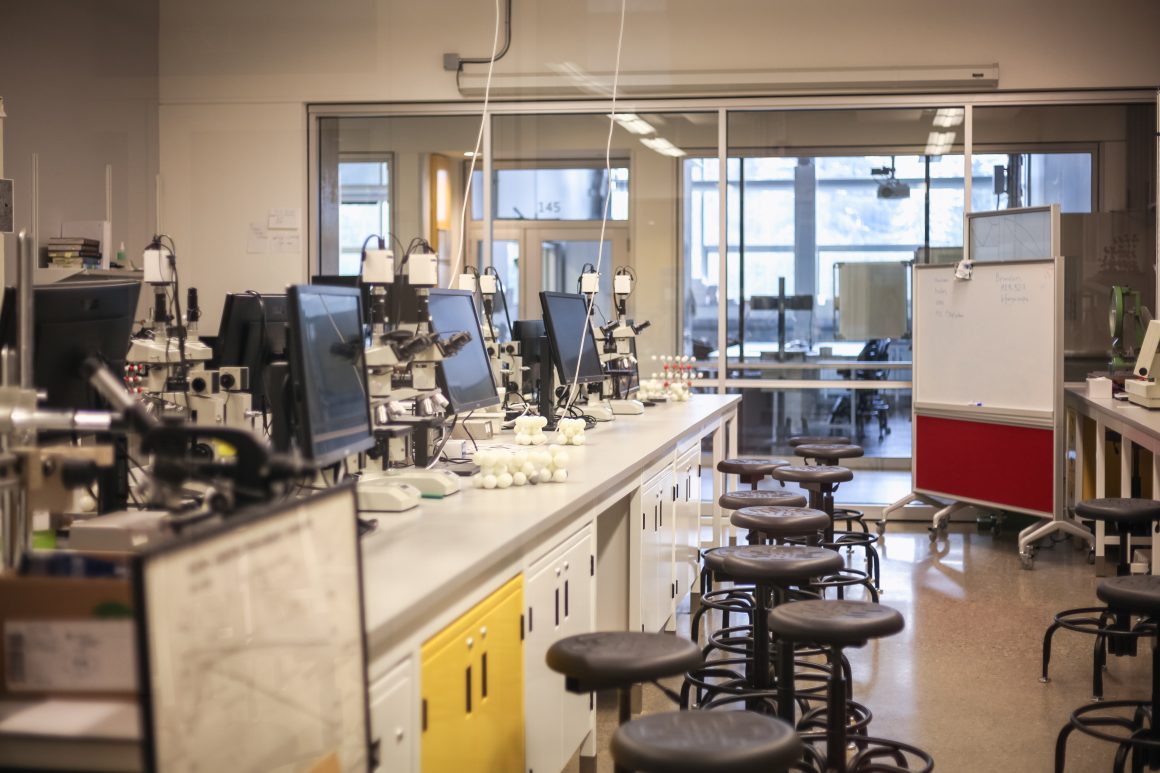
Tips for pursuing undergraduate research
By Siddhartha Goutam, October 19 2018 —
For many undergraduate students interested in professional or graduate school, looking for summer research is an intimidating task. Drafting emails, understanding expectations and dealing with finances can be roadblocks for students who are keen on pursuing research. However, research is easier to get into than you think and is the best way to supplement in-class learning. Here’s a quick rundown on how to apply to a lab and excel as a research assistant.
Why do labs take undergraduate students?
In academia, there’s a popular notion that undergrads are burdens to labs in need of extensive babysitting. So why do labs still accept undergraduate students?
Contrary to your anxieties, most faculty members are interested in teaching and mentoring students. Research supervisors often teach classes and build relationships with their students. When approached by like-minded students who are interested in their niche field of research, professors often give them a chance.
Secondly, diligent students provide a source of labour for labs that often run on a tight budget. Labs frequently have more work planned than they can complete at any given time. If they can do more work, they will publish more. A limiting factor is that lab staff are expensive. Students — especially the ones that are funded by external grants — cost next to nothing. Though they take longer to train, students that learn quickly can become an asset.
Applying for summer research:
Most people apply for summer research by looking on the website of a department that interests them. Looking through a list of professors to find someone interesting by reading some of their recent papers is a great way to gather insight into the professor’s general interests. Then, simply write an email to the professor conveying your interest in a sincere fashion. More often than not, professors reply within a few days, sometimes scheduling an interview with the student shortly afterwards.
Another way to find summer research is through networking. Speaking with a teaching assistant or professor about their research is a good starting point. Asking whether the professor is looking for summer students is a harmless and direct way of quickly getting answers. Both of these methods will get results, but finding a willing professor needs to be done early — before the end of the fall semester for summer research — in order to meet funding application deadlines.
Applying for funding:
Summer studentships are often provided by the university or through external agencies. National summer studentships also exist, with both the student and the professor needing to fill out the application. These applications require a proposal of what the student aims to achieve in the lab, emphasizing the novelty of their proposed work and the learning outcomes for the student, along with transcripts of the student’s grades. Applications can be ranked based on how interesting the proposed project is, the professor’s track record and how the student ranks in comparison to other applicants.
Students with previous research experience often have an advantage, but many first-timers receive funding based on other merits such as grades and extracurricular activities. Additionally, if the lab is financially secure, the professor may choose to fund your work if the application is unsuccessful.
The bottom line is that funding is not guaranteed, but if you find a good lab, are passionate about your project and fill out a good application, the odds are in your favour.
After you’re in:
Research groups can vary greatly. Some labs have lower expectations of students in terms of research output and instead emphasize learning, while others expect their students to conduct experiments every day and complete the underpinnings of a first-author paper during their time. Both environments can be a great experience for a student, so long as they have the right set of resources needed to thrive. This includes mentorship from more experienced members of the lab, guidance in what needs to be done by the student for the lab to reach its goals, organization of materials required to complete their research aims and goals, and availability of the supervisor to listen to student concerns. Without these essential resources, progress slows, research dulls and students lose their passion for the research.
Summer students also need to do their best to live up to expectations, which differ from lab to lab. Some labs may expect students to spend five full days in the lab every week, either doing experiments or reading papers. Other labs only expect students to report on their progress from time to time.
All things considered, students that have an active interest in learning procedures, perfecting their skills in experiments, asking for clarification when in doubt and troubleshooting and speculating on where to go next tend to excel in the lab environment. In order to make the most of the research experiences, effective students must also set goals, learn from failures and move past setbacks as quickly as possible.
